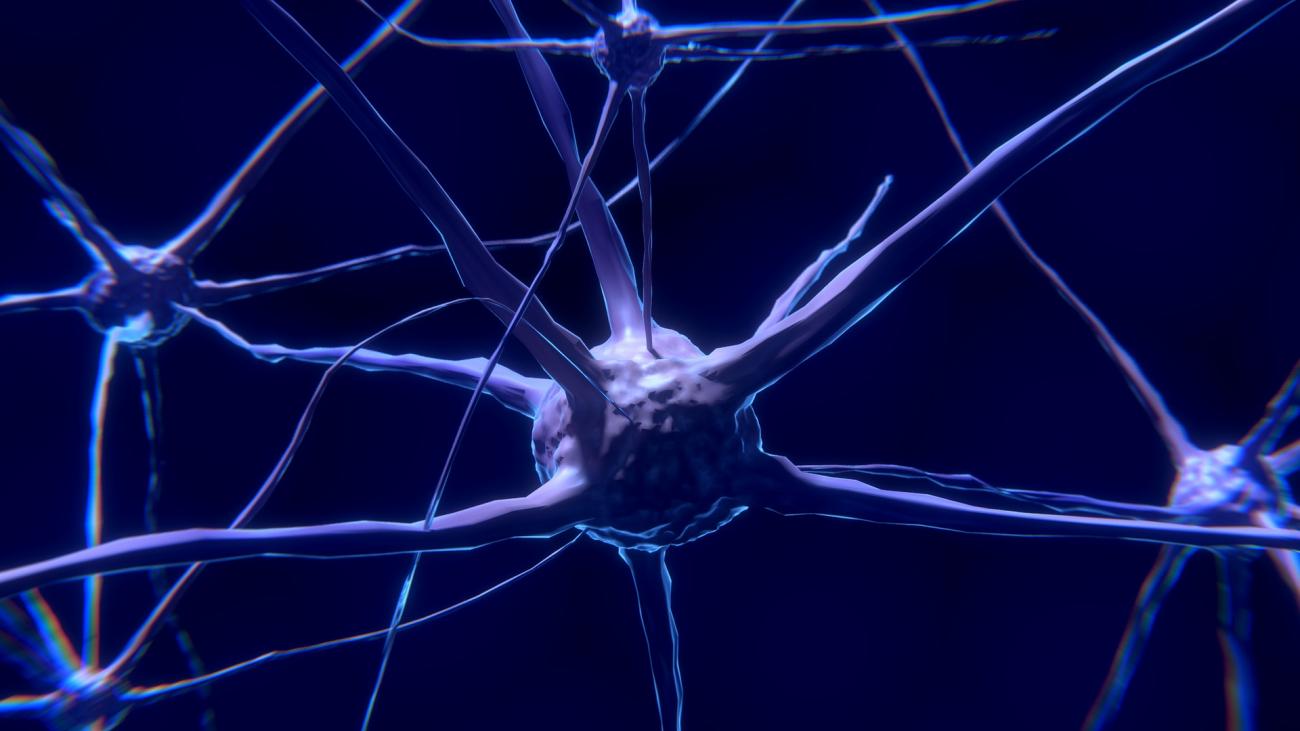One of the strengths of our NACS program is the emphasis on understanding typical neural development. Gene-environment interactions during development underlie the establishment of circuits that mediate sensory, cognitive, emotional and social behaviors. Cognitive and social behavior is both highly complex and diverse across animal species, exhibiting remarkable variability even within a single species. The complexity of learning specific skills that ultimately are required for typical cognitive and social behavior is reflected in the remarkably extended period of time over which the behaviors develop in humans. During this extended period of time experience influences the unfolding genetic programming to create the neural networks necessary for adaptive behavior. Many of our scientists play a role in investigating in the fundamental processes in the continuum of development and aging. NACS includes basic researchers who study the fundamental processes of neural circuits in healthy development. This focus area is multidisciplinary by necessity, covering cellular, molecular, social, and behavioral aspects of these processes.



